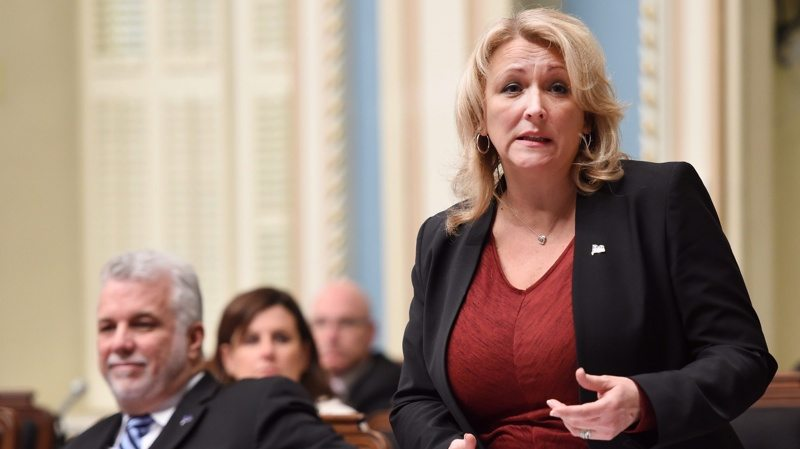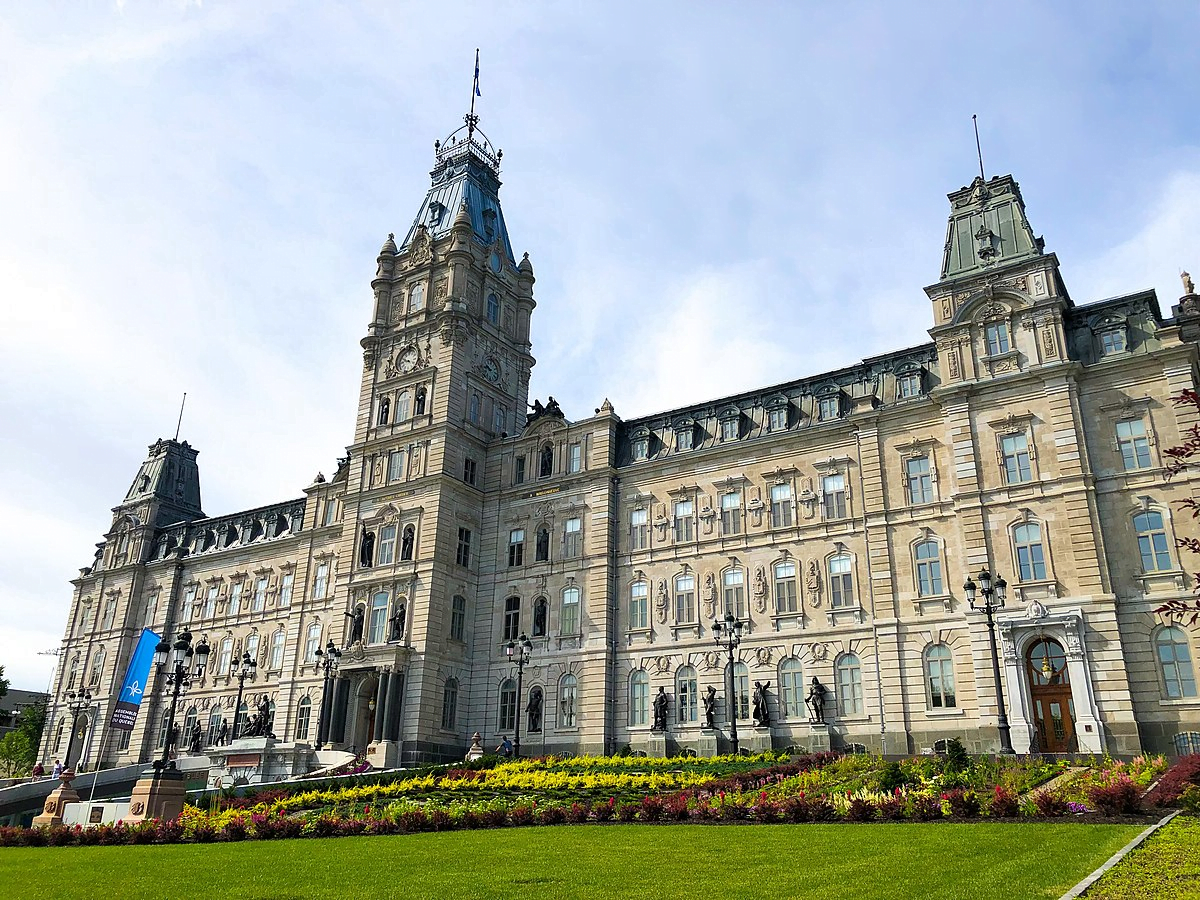After the Canadian parliament, Quebec politicians may be about to increase their salaries as well, while many workers are worried about a coming economic crisis. The Coalition Avenir Québec (CAQ) had promised to create independent committees to review MPs' salaries, but finally abandoned the idea in 2021. A committee made up of two former MPs, including Liberal minister Lise Thériault, and a human resources expert, released its recommendations on the subject on April 19.
Backbenchers would see their annual salaries increase immediately by $30,205, from $139,745 to $169,950, while the Prime Minister would see his salary rise from $208,200 to $278,120. Ministers would also see their salaries increase from $177,732 to $230,591. These increases would represent a 30% increase.
The median salary in Quebec is $51,560, meaning that half of the population earns less than this amount. A considerable number of workers in the province have incomes similar to or even lower than the minimum increase of $30,205 that the MPs have granted. A citizen on social networks ironized: "What if we gave them a bonus based on their performance? Proportional to the quality of life of the average citizen. Seems to me that this would be legitimate in a capitalist society."

A controversial committee
Committee member Lise Thériault is a controversial figure in Quebec politics. She was a minister during the Charbonneau commission, which investigated corruption in the construction industry. She remains very vocal in claiming the innocence of former Premier Jean Charest—under investigation but never convicted—despite public doubts. She also confronted the construction unions in 2010, in an effort to eliminate their system of placement of the labour force.
At the FTQ (Quebec Federation of Labour), the parliamentary committee that was used for this manoeuvre is described as an "organized political show" to "break the back of the unions". According to one leader who testified anonymously, "it was nonsense and, above all, misinformation", referring to the minister's assertions about the attitude of the workers during the strikes.
For Thériault, the job of MP is heavy, demanding and thankless, thus justifying the increases. However, many citizens question the relevance of this salary increase. On social networks, reactions are virulent. "Hypocrites. Their salaries should be linked to those of the civil service. If the small 9% over 5 years is an acceptable offer for them, it should also be for the MPs no?"
Tensions with the population
The government is currently in a face-off with a united front of unions. This is the first such coalition in decades between all of Quebec's public service unions, demonstrating the seriousness of the situation. The united front declared that they believe that public service workers should be entitled to the same treatment as Members of Parliament.
As an example of this widespread opposition, a Leger poll in early April 2023 estimated that 4 out of 5 Canadians oppose raising the salaries of Canadian MPs. Although this does not directly concern Quebec, it gives an indication of the public's opinion on this issue.


